Australian of the Year Award: why heroes are needed now ‘more than ever’
EACH year, we put one Australian on a pedestal. Some are worshipped, others are demonised. We explore how the Australian of the Year Award has changed.
Work
Don't miss out on the headlines from Work. Followed categories will be added to My News.
EVERY year, we put an Australian on a pedestal and applaud them for their inspiring achievements.
This process is known as the Australian of the Year Awards, which highlights citizens whose extraordinary contribution to society has helped better the world in some way.
And almost every year, the selection provokes controversy — a sign the selection committee is either behind the times or too far in advance.
Adam Goodes’ Australian of the Year acceptance speech in 2014 turned some against the Sydney Swans champ, who was called out on being “divisive” when he referred to January 26 as “invasion day”.
General David Morrison AO, who was named 2016 Australian of the Year, sparked outrage when it was revealed the office of the former Army chief knew of the so-called Jedi Council sex scandal 11 months before he went public with his now famous speech condemning those involved.
MORE: Think you know Australia? Try this quiz
MORE: Disgust at army sex scandal as ‘Jedi Council’ emerges
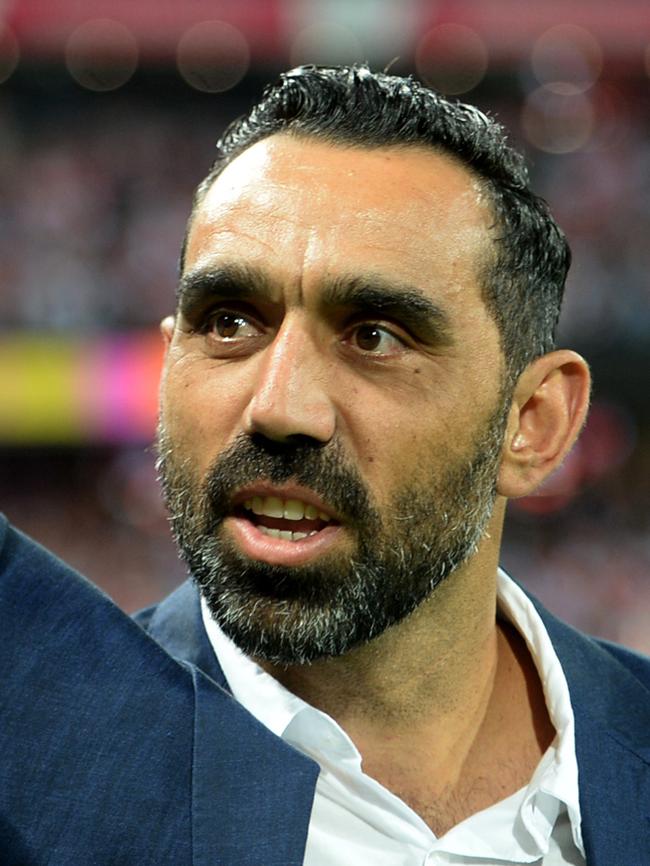
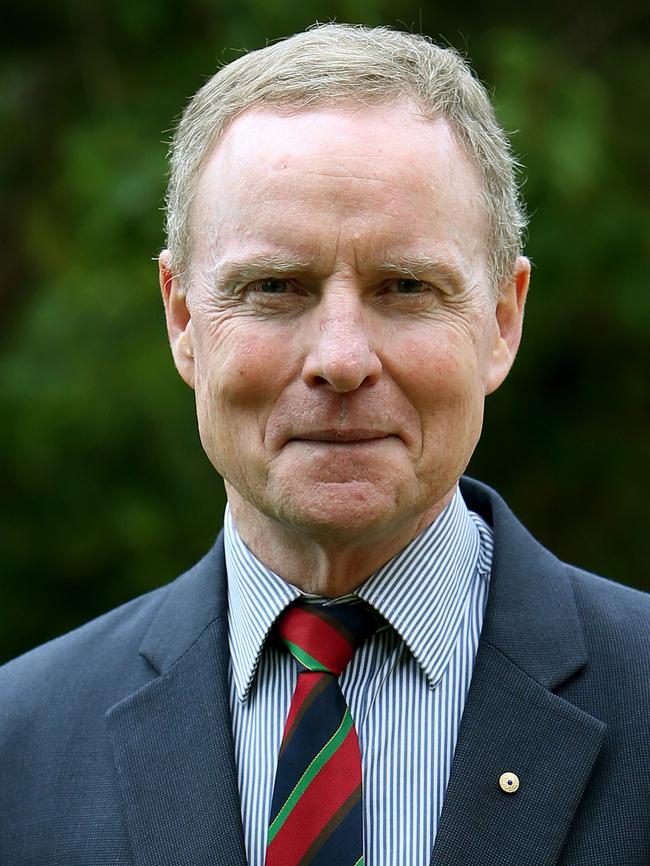
Other winners such as Rosie Batty have made enormous leaps encouraging people to speak out on domestic violence issues. She’s had to defend herself after coming under fire from former Labor leader, Mark Latham.
MORE: Latham’s attack on Rosie Batty rejected
Liberal Democrats Senator David Leyonhjelm recently argued the honour represents a “festival of political correctness” and has become about choosing someone to lecture Australians on “being a racist, wife beater or environmental vandal — if not all three”.
Sometimes Australians of the Year serve as extraordinary role models for the country while other times, they are shot down in a blaze of glory.
But one academic, honorary research associate Dr Vincent O’Donnell from RMIT’s School of Media and Communication, argued the award still holds an important place in society.
“Despite Tina Turner and Mad Max Beyond Thunderdome insisting ‘We don’t need another hero’ we do need heroes,” Dr O’Donnell told News Corp.
“The folks who tended the injured and dying in Bourke St Melbourne last week were domestic heroes.”
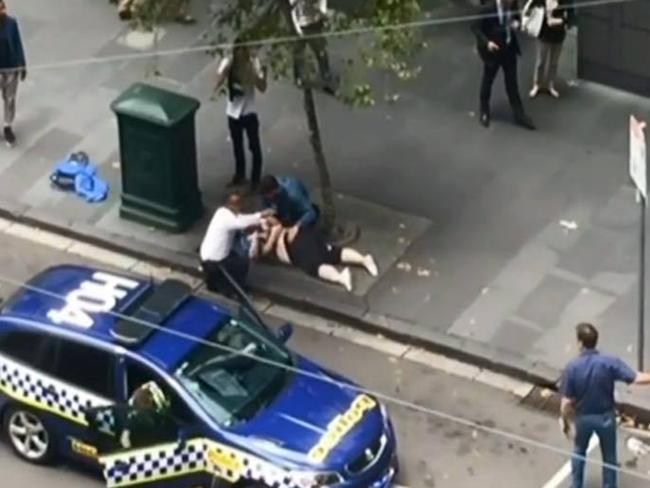
“Heroes say to us all, ‘The world can be better, wrongs righted, criminals punished’. Hence the success, too, of all those superhero tent-pole movies from Hollywood.
“Australia Day heroes often fit the mould, but, being officially sanctioned, tend to reflect a dominant paradigm of what is a hero.
“And in keeping with an other Australia tradition, we are too fond of tearing down our tall poppy heroes.”
Independent Senator Nick Xenophon said we needed to have an Australian of the Year “more than ever”.
“It’s a position that carries an enormous responsibility and provides the recipient with an opportunity to raise important issues,” he said.
“However, the process of selection needs to be a robust and transparent one.”
WINNERS WHO DREW FLACK
DAWN FRASER — 1964
While the young swimmer was not a controversial choice at the time, later that same year she proved problematic when during the Summer Olympics in Tokyo, she angered swimming team sponsors and the Australian Swimming Union by marching in the opening ceremony against their wishes, and wearing an older swimming costume in competition because it was more comfortable than the one supplied by the sponsors. She was also accused of stealing an Olympic flag from a flagpole outside Emperor Hirohito’s palace from the Kokyo. She was arrested but released without charge but the ASU suspended her for 10 years effectively ending her swimming career.
ALAN BOND — 1978
Alan Bond seemed the perfect fit for Australian of the Year but his spectacular fall from grace in retrospect made him a controversial pick. The high profile businessman declared bankruptcy in 1992 and was then jailed after being found guilty of charges arising from the collapse of Rothwells Bank. After his release he was then jailed again in 1996 over the purchase of artwork and in 1997 received a further jail term after pleading guilty to using his controlling interest in Bell Resources to siphon $1.2 billion into his Bond Corporation.
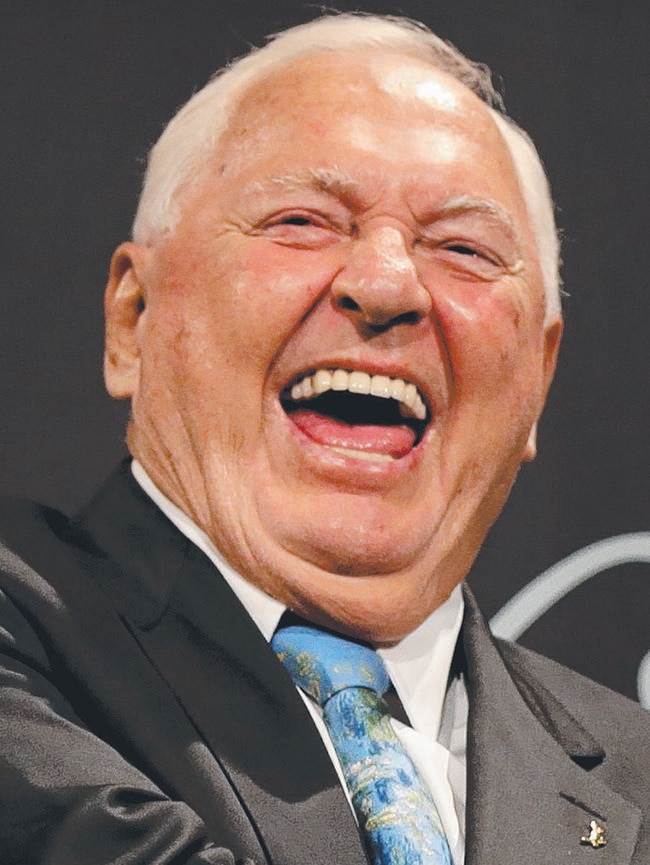
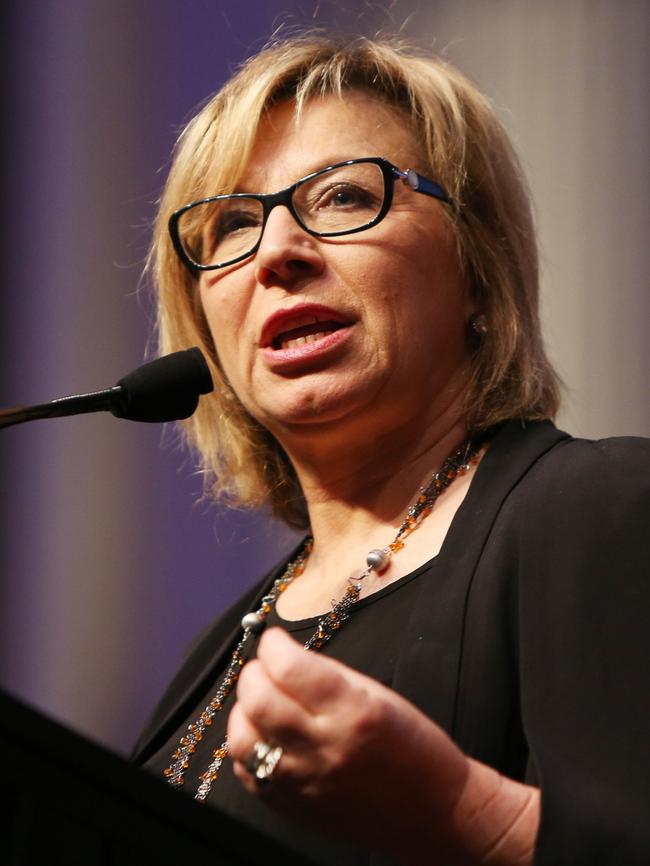
ADAM GOODES — 2014
Adam Goodes divided opinion and angered some in the Australian public when he referred to January 26 as “invasion day”. The AFL player used his acceptance speech to tackle the issue of racism and Indigenous recognition in the Australia constitution. He went on to endure a booing saga during the final year of his career.
ROSIE BATTY — 2015
High profile domestic violence campaigner Rosie Batty was a fitting pick for Australian of the Year, but not according to former politician Mark Latham. The media commentator took aim at Batty saying she was turning family violence into entertainment by joining the speaking circuit and accused her of essentially profiting from her son’s death.
DAVID MORRISON — 2016
The former Army Chief drew wide criticism when he was appointed Australian of the Year after promoting his view that Australia should be a republic. He also lobbied Australians to cease using the word ‘guys’ to address men and women in the workplace, arguing the term is sexist and insensitive to females. Jacqui Lambie tried to have General Morrison stripped of his award after it emerged that he knew about a group of soldiers, known as the Jedi Council, 11 months before he went public with his now-famous speech condemning those involved who swapped grossly demeaning emails and videos about women they had slept with.
FROM HUMBLE VICTORIAN BEGININGS
The inaugural Australian of the Year Award was first presented to Sir Macfarlane Burnet, winner of the Nobel Prize for Medicine, in 1960.
The ceremony reflected a “perceived need for a new band of heroes” as the heroes of WWII passed out of public life, according to Dr O’Donnell.
The event was also borne out of a state-wide effort to bolster the profile of Australia Day.
In 1960, the chairman of the Victoria Australia Day Council, patriot Sir Norman Martin, announced the introduction of a new annual award for “Australian of the Year”.
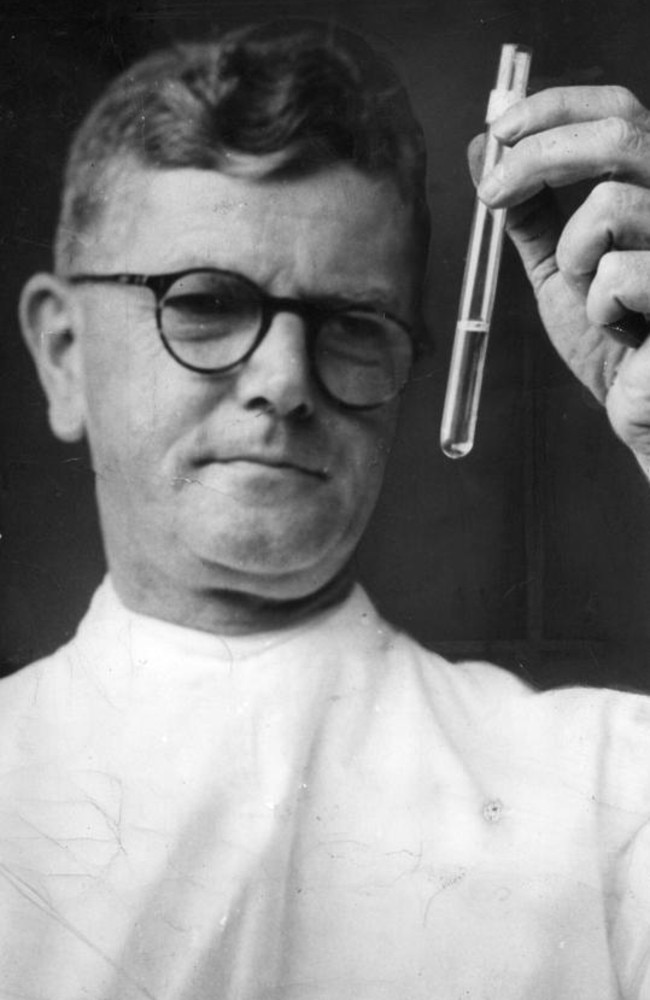
He said Australia Day was a fitting occasion to give proper recognition to a leading citizen whose contribution to the nation’s culture, economy, sciences or arts was particularly outstanding.
For the first two decades, the award was selected by a panel of five distinguished judges: the Victorian Premier, the Anglican Archbishop of Melbourne, the Vice Chancellor of Melbourne University, the Lord Mayor of Melbourne and the President of the National Council for Women.
However, the event suffered from being too Victoria-centric and in 1975, Canberra’s Australia Day Council named a rival Australian of the Year.
Needless to say, the Victorian Council was unimpressed that Canberra had copied its idea and described its own 1978 winner, Dame Rae Roe, as the “real Australian of the Year”.
The impasse was only resolved in 1979 when the Fraser Government created the National Australia Day Council (NADC).
The official announcement has since grown into a major public event, with thousands of onlookers witnessing the televised ceremony in Canberra.
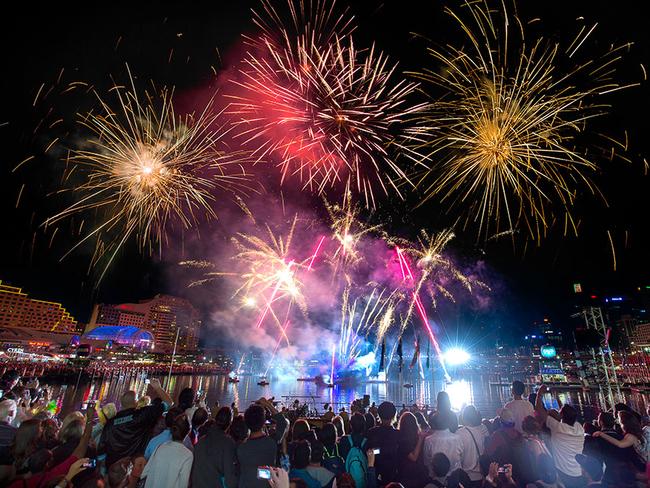
AUSTRALIA DAY ‘JUST A PUBLIC HOLIDAY’
As crowds turn out to celebrate the Australian of the Year, only one in three Australians say they plan to do something to celebrate Australia Day, a new poll revealed.
The latest Essential poll shows 46 per cent of voters rate Australia Day as “just a public holiday”, while 34 per cent plan to do something to mark the day.
However, 60 per cent of respondents said it was a day of “national pride”. Those most likely to regard it as a day of national pride were Liberal-National voters and people aged over 55.


